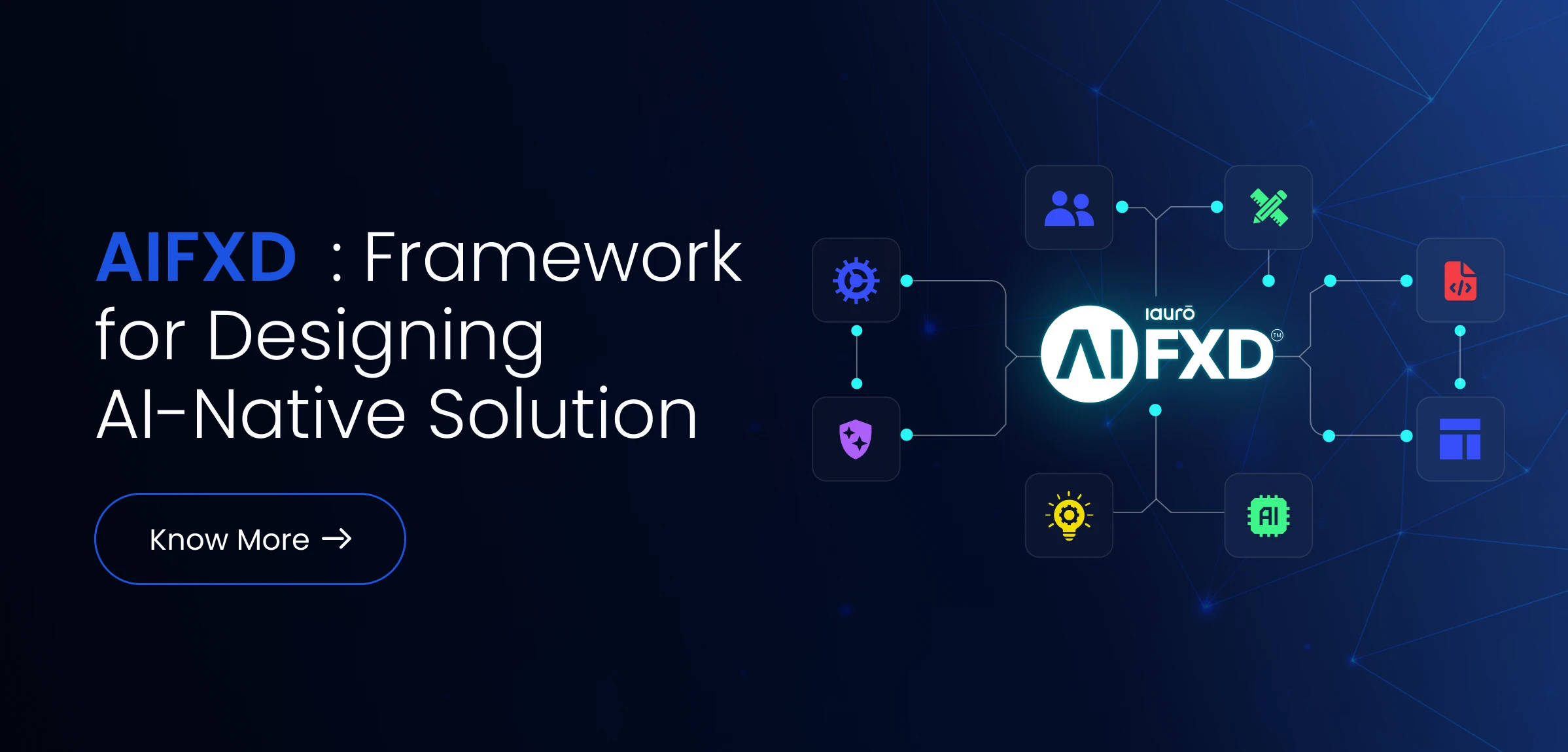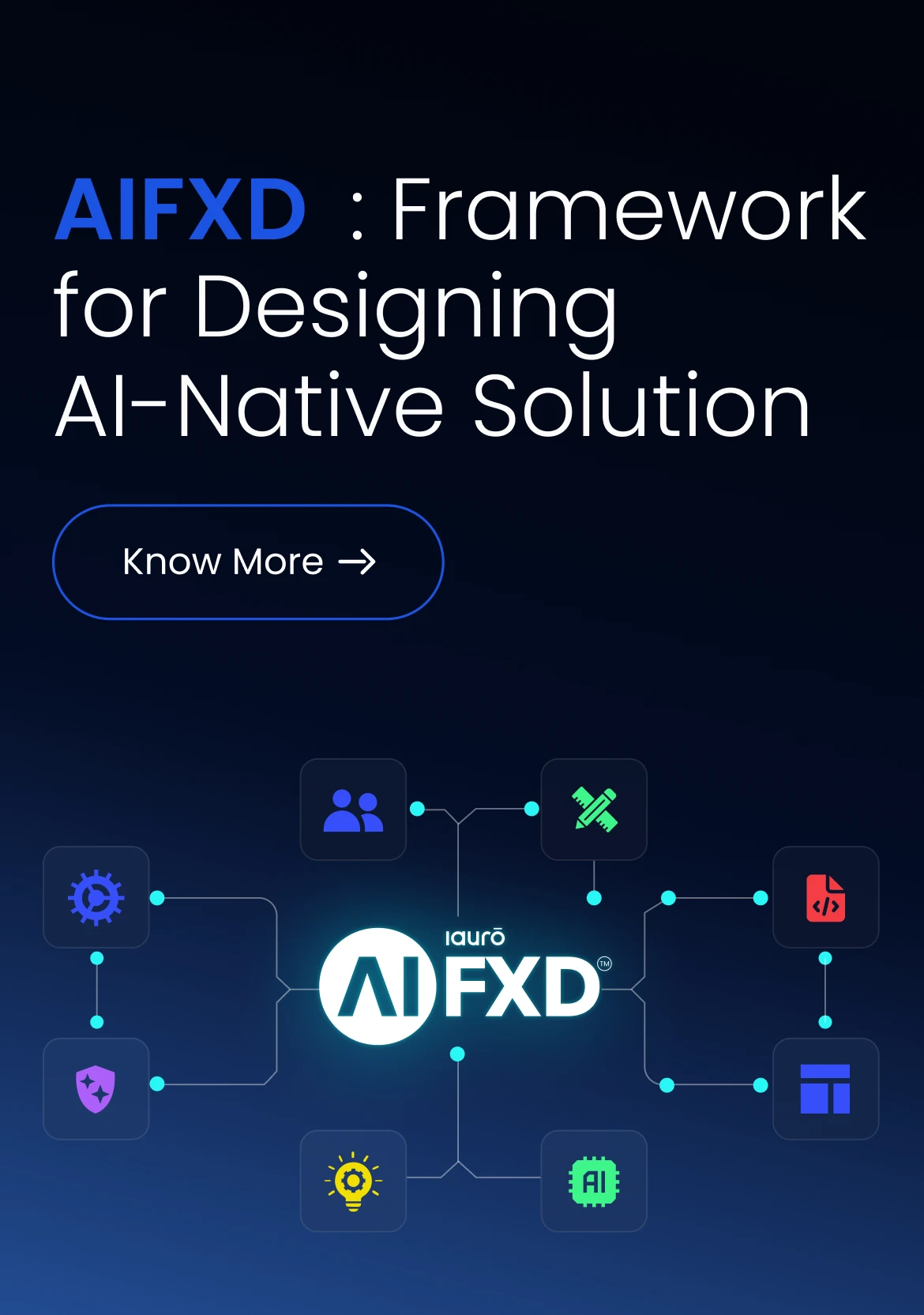Humans Are Not Perfect Then How Can GenAI Be!?!

Bin the realm of innovation technology has brought us advancements. One such marvel is Generative Artificial Intelligence (GenAI) , a force that attempts to mirror human intelligence albeit with some imperfections. Like humans, who are not flawless beings and are prone to biases and errors, GenAI also grapples with its own imperfections as it learns, evolves and gathers knowledge from various sources.
The human experience is marked by imperfection, which shapes our thoughts, actions and decisions. Similarly GenAI is a creation but not immune to these realities. This blog explores the imperfections between humans and GenAI focusing on biases that influence our perspectives and the learning process involved in artificial intelligence’s growth.
Humans: Imperfect Creators
To err is human as the saying goes. Our minds are intricate and complex; they are susceptible to biases influenced by experiences, culture and individual perspectives. These biases can manifest in our ideas, judgments and interactions—resulting in imperfections or mistakes. Recognizing and understanding these biases is a step towards personal and collective growth
GenAI: Embracing Imperfections in Artificial Intelligence

Similarities between Human Biases and GenAI
The Learning Process
Imperfection for a Collaborative Future
In Conclusion, embracing Imperfections for Collaboration
As we venture into understanding biases, in both humans and GenAI systems it becomes clear that imperfection is a shared characteristic. By acknowledging this fact we can work towards a future where humans and AI embrace their flaws to create better outcomes.
By acknowledging this shared characteristic we lay the groundwork for a future of cooperation where humans and artificial intelligence collaborate closely mutually benefiting from one another’s flaws. This partnership allows us to navigate biases, responsibly harness the potential of AI and progress, towards a future that’s both inclusive and enlightened.

